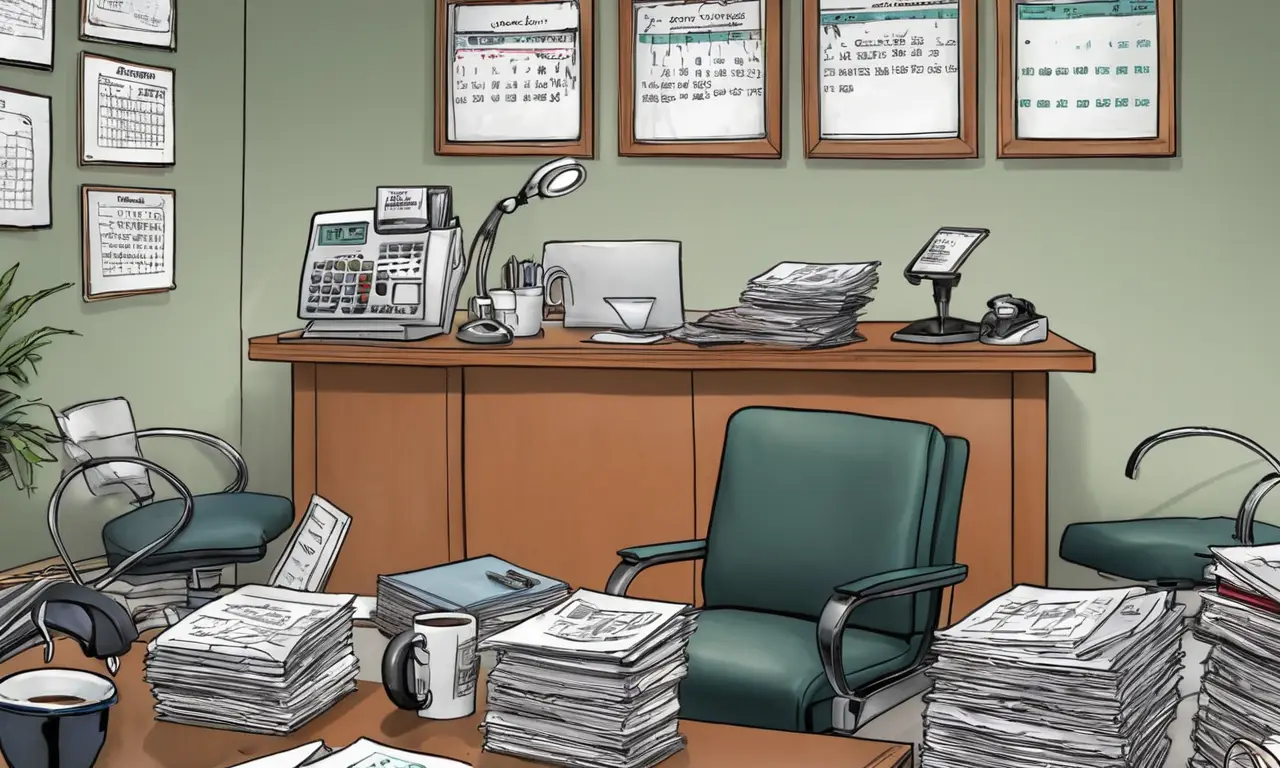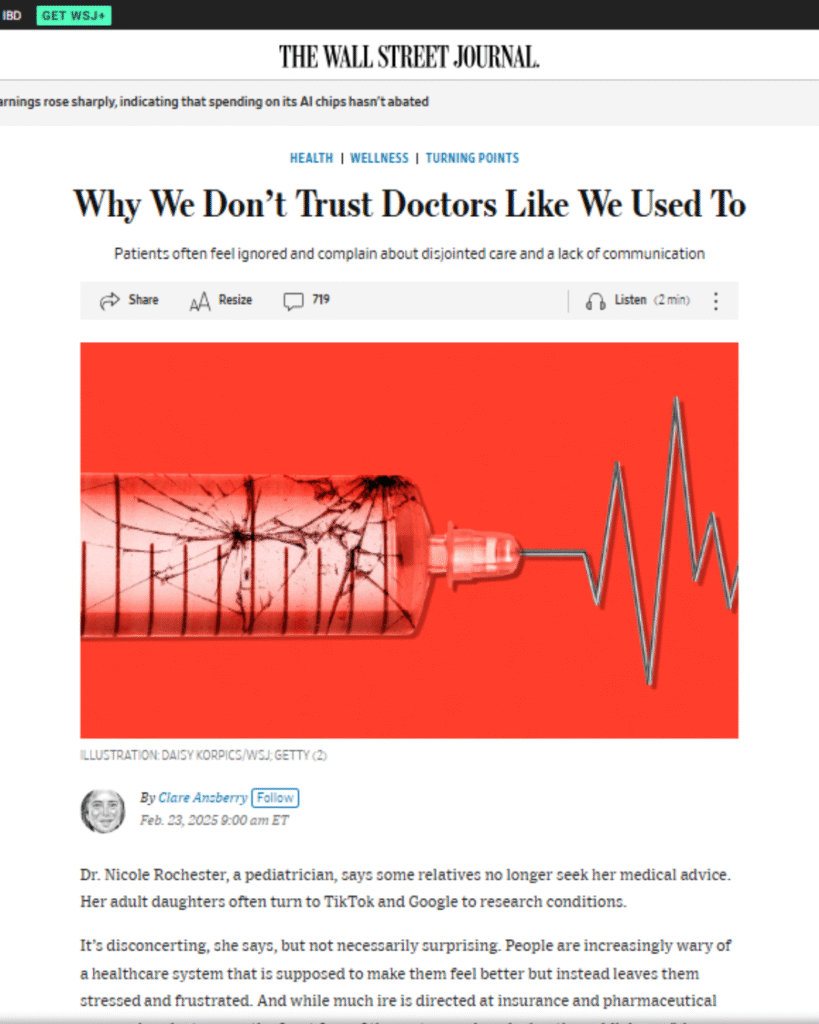We’ve all been there – sitting in a doctor’s office, watching the clock tick by as we wait for our appointment. It can be incredibly frustrating when why are doctors always running late becomes a recurring theme. While it’s understandable to feel annoyed about delays, it’s important to remember that there are often legitimate reasons behind these occurrences.
This article will delve into the common causes of doctor appointment delays, exploring factors ranging from complex patient cases to administrative burdens and technological challenges. By understanding these contributing elements, we can gain a better perspective on the complexities faced by healthcare professionals and potentially find solutions to minimize waiting times.
Doctor Appointment Delays
Doctor appointment delays are a widespread issue that affects patients across various specialties and practice settings. These delays can range from a few minutes to an hour or more, causing inconvenience and frustration for those who value punctuality.
One of the primary reasons for these delays is the unpredictable nature of patient care. Medical conditions often present with unexpected complexities, requiring additional time for diagnosis, treatment planning, and communication with patients. Furthermore, unforeseen circumstances such as emergencies or last-minute cancellations can disrupt the flow of appointments, leading to cascading delays throughout the day.
Complex Patient Cases

Healthcare is a dynamic field where each patient presents unique challenges. Some individuals may have intricate medical histories, requiring extensive consultations to thoroughly understand their conditions and develop personalized treatment plans.
Doctors often need to delve into detailed medical records, order additional tests, and consult with specialists to ensure comprehensive care. These complex cases can significantly extend appointment times, impacting the schedule for subsequent patients. Moreover, patients themselves may require ample time to articulate their concerns, ask questions, and fully engage in discussions about their health.
The Importance of Thoroughness
While it’s understandable to desire prompt appointments, prioritizing thorough patient care is paramount. Doctors must dedicate sufficient time to address each individual’s needs, ensuring accurate diagnoses, effective treatment plans, and open communication.
Rushing through consultations can lead to missed details, misinterpretations, and ultimately, compromised patient well-being. Therefore, while delays may be frustrating, it’s crucial to recognize the value of comprehensive medical attention.
Emergencies and Unexpected Situations
The unpredictable nature of healthcare often throws curveballs into even the most meticulously planned schedules. Emergencies can arise unexpectedly, requiring immediate attention from doctors and staff.
These situations demand prompt action and resource allocation, potentially leading to delays in scheduled appointments. Furthermore, unforeseen circumstances such as patient complications, equipment malfunctions, or staff shortages can disrupt the flow of appointments throughout the day.
Administrative Tasks

Beyond direct patient care, doctors are also responsible for a multitude of administrative tasks that contribute to their busy schedules. These responsibilities include reviewing medical records, completing insurance paperwork, communicating with other healthcare providers, and attending meetings.
While these tasks are essential for efficient practice management, they can consume significant time away from patient consultations. Moreover, the increasing complexity of electronic health records (EHR) systems adds another layer of administrative burden, requiring doctors to navigate intricate software interfaces and documentation protocols.
Electronic Health Records (EHR) System Issues
Electronic health records (EHRs) have revolutionized healthcare by streamlining patient information management. However, these sophisticated systems can also present challenges that contribute to doctor appointment delays.
Technical glitches, system updates, and training requirements can disrupt workflow and consume valuable time. Furthermore, navigating complex EHR interfaces and searching for specific patient data can be time-consuming tasks, impacting the efficiency of consultations.
Conclusion
Why are doctors always running late? The answer lies in a confluence of factors ranging from complex patient cases and emergencies to administrative burdens and technological challenges. While these delays can be frustrating for patients, it’s crucial to recognize the multifaceted nature of healthcare and the dedication of medical professionals to providing comprehensive care.
By understanding the contributing elements, we can foster greater empathy and patience while advocating for solutions that minimize waiting times and enhance the patient experience.



